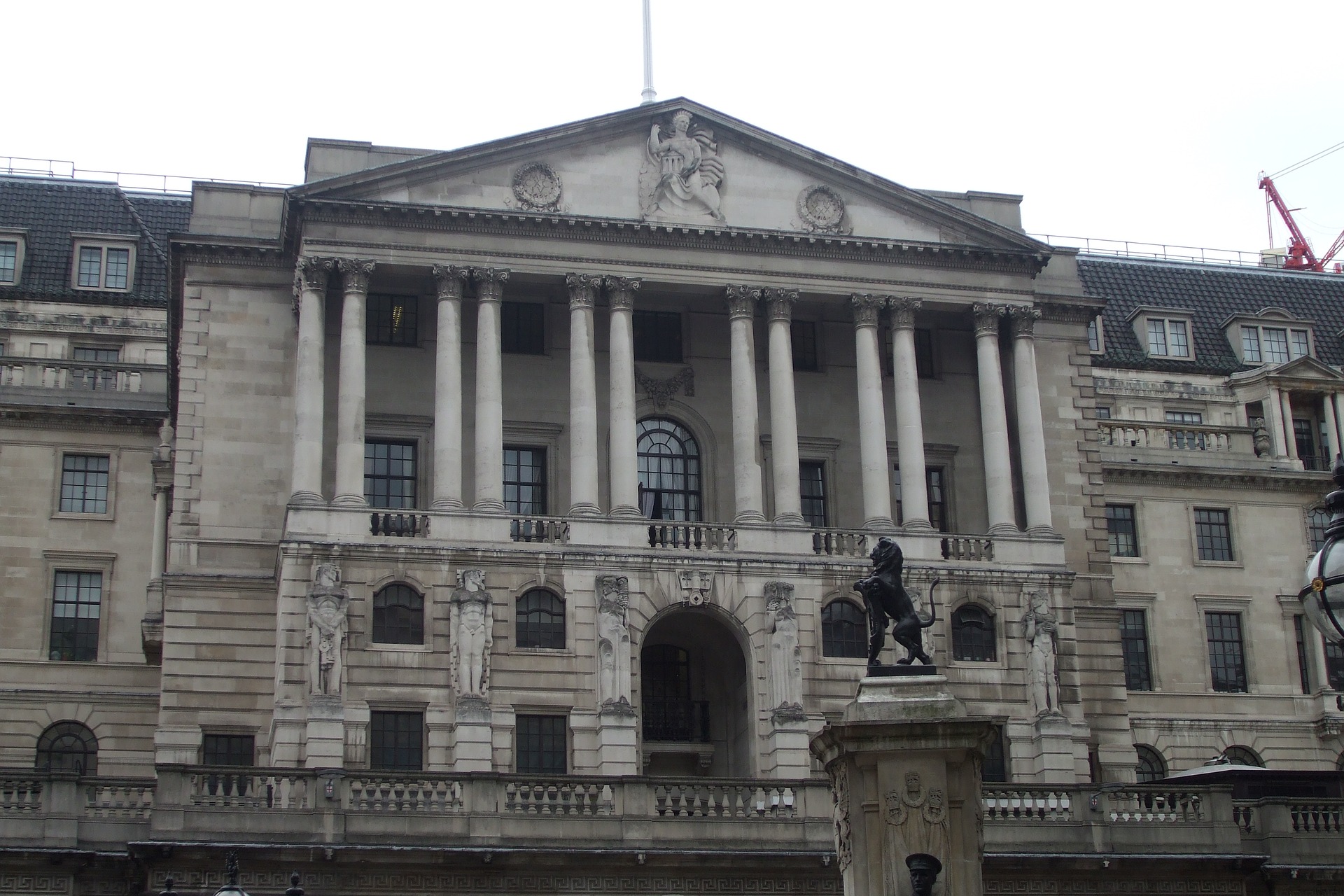Savings and mortgage base rates
Guide to the Bank of England’s base rate by Furness Building Society
Bank of England Rate Change
The Bank of England announced on 7th August 2025 that it was decreasing its Base Rate from 4.25.% to 4.00%. The Bank of England Base Rate is one of many factors which impact the interest rates we set on both our mortgage and savings accounts.
We are currently considering how this rate change will impact our variable rate mortgage and savings account members and we will release more information as soon as we can.
Members with fixed rate mortgage or savings accounts will not see any change in their interest rates and will not be affected by this Base Rate change.
Memebers with tracker mortgages that are directly linked to the Bank of England Base Rate will see the interest rates on their mortgage accounts decrease by 0.25% in September 2025. We'll write to let you know what your new interest rate and monthly payments will be.
Mortgage Customers
Following the Base Rate change on the 7th of August 2025, our variable mortgage rates decreased by 0.15% from 7th of October 2025. The current rates are shown below
| Previous Rate | Rate effective from 7th October | |
| Mortgage Variable Rate | 8.24% | 8.09% |
| Standard Variable Rate | 7.00% | 6.85% |
| Buy to Let Mortgage Variable Rate | 8.24% | 8.09% |
| Buy to Let Standard Variable Rate | 8.14% | 7.99% |
If your repayment amount is changing we will contact you with your new monthly repayment details.
If you have a fixed rate mortgage then your monthly repayment won't change until you come to the end of your fixed rate period
What base rate rises mean for you
With inflation and interest rates both presenting challenges, it’s natural to feel alarmed when the cost of living starts to creep up. With so much to consider when it comes to inflation, you may be wondering what savings and mortgage base rate rises mean for you. Or, more importantly, how you can best secure your finances for the future.
In this guide, we explain what the Bank of England base rate is, how the base rate affects mortgages and loans, and whether or not interest will rise for savings accounts.

Making the most of base rate changes
Hopefully, you’ve found this guide to savings and mortgage base rates useful. If you’re currently looking to switch from a variable rate mortgage to a fixed-term mortgage, you can compare our current interest rates using our Mortgage Finder.
Alternatively, get in touch with our team on 0800 781 4311 for one-on-one advice.
Hoping to boost your savings? To take advantage of changing interest rates for savings accounts, use our Savings Account Finder to find the right account for you. If you currently have an ISA, then you might also find our ISA Season guide useful.
